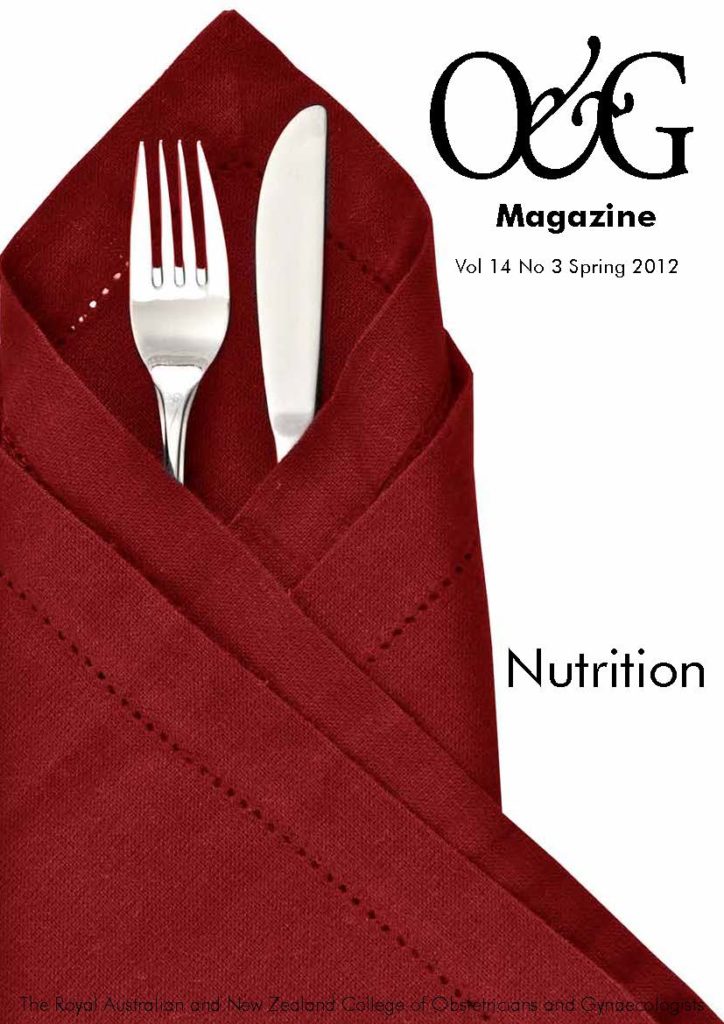A public-health issue from the 1950s is becoming increasingly relevant to today’s Australia.
Iodine deficiency causing endemic goitre was a well-recognised public-health problem, particularly in the eastern states of Australia and Tasmania, up until the 1950s. The widespread domestic use of iodised salt, supported by iodine supplements given to children in various parts of the country, coupled with the ingestion of abundant quantities of iodine leaking into milk from iodine-containing sanitisers (iodophores) used in the dairy industry, saw the problem disappear. Things changed in the 1990s when the dairy industry phased out iodophores, the food industry ignored the inclusion of iodised salt in food manufacture and consumers, for whatever reason, used less iodised salt in the home.
The developing brain of the fetus and infant requires optimal circulating concentrations of thyroxine for full maturation and that is directly dependent on maternal iodine intake. Until well into the third trimester the fetus receives thyroxine transported across the placenta from the maternal circulation and failure to get enough is the commonest worldwide cause of preventable intellectual impairment. The recommended daily intake (RDI) of iodine is approximately 100µg in the neonate increasing to 150µg in adults and stepping up even further to 250µg for pregnant and breastfeeding women. Extra iodine is needed during pregnancy to ensure that the thyroid gland can increase thyroid hormone production early in the first trimester by up to 50 per cent to meet the demands of pregnancy. Similarly, the breastfeeding mother needs an additional 100µg secreted daily into breastmilk to provide for the needs of the baby.
Australia-wide surveys of schoolchildren conducted in 2004 confirmed that Australian children are mildly iodine deficient. Several surveys in New South Wales, ACT, Victoria, Tasmania and South Australia have confirmed that iodine deficiency is widespread in pregnant women and that the average intake is approximately half the pregnancy RDI. These data have convinced State and Commonwealth Health Ministers to mandate the use of iodised salt in all bread baked in Australia, but this initiative is insufficient to correct the deficiency in pregnant women, leading NHMRC to recommend that all pregnant women take an iodine supplement of 150µg each day, with the proviso that women with pre-existing thyroid conditions should seek advice from their medical practitioner prior to taking the supplement.






Leave a Reply